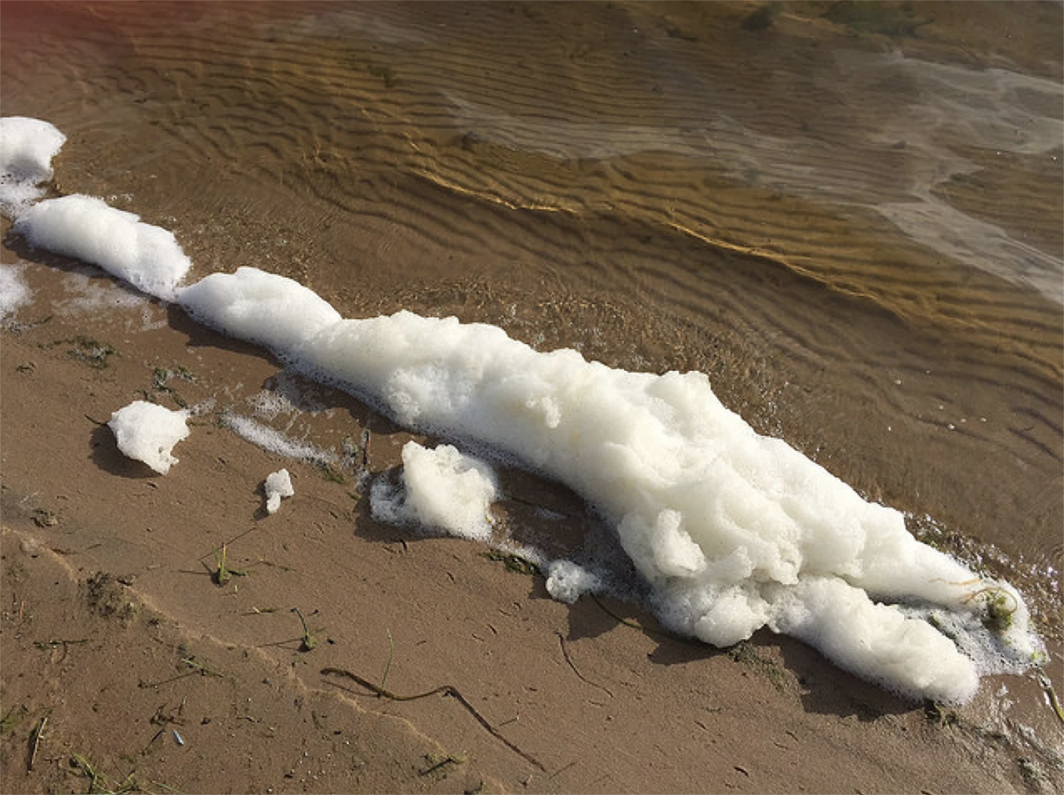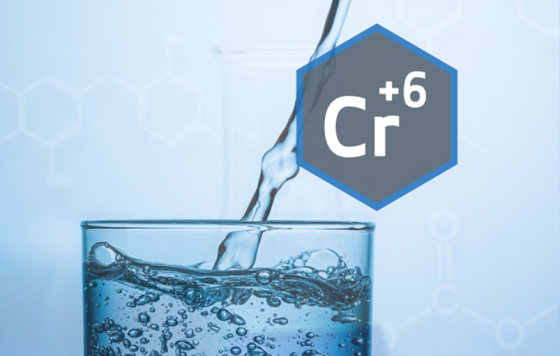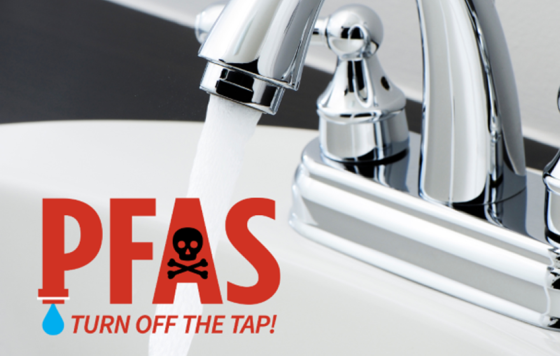
Recently, the Minnesota legislature passed an ominibus bill including language banning all non-essential use of perfluoroalkyl and polyfluoroalkyl substances (PFAS), known as "forever chemicals". This legislation will also require manufacturers selling products in Minnesota to disclose if PFAS chemicals are contained in products and closes a loophole in the 2019 bill that ended the use of PFAS in firefighting foam. There are currently 108 policies addressing PFAS in 24 states, but none of the policies are as comprehensive as Minnesota’s language.
Clean Water Action lead the effort to pass this landmark legislation, and after this landmark victory Minnesota State Director Avonna Starck was asked to testify in front of the New Jersey Senate Environment and Energy Committee about PFAS legislation under consideration in the Garden State. Here is what she shared:
Hello Senator Greenstein, and Environment and Energy Committee members. My name is Avonna Starck and I am the State Director of Clean Water Action Minnesota. Clean Water Action does proudly have a New Jersey office. Clean Water Action is focused on ensuring everyone has access to clean drinkable, swimmable, fishable water. I am here in support of Senate Bill 3177 and to explain that comprehensive action on PFAS can happen in New Jersey as it has happened in Minnesota.
Our legislative session wrapped up recently and we had a robust and successful conversation regarding PFAS, resulting in the most comprehensive legislation in the nation addressing the need to turn off the tap of these toxic chemicals, preventing them from flowing into our water.
Minnesota is the origin story of PFAS, since we are the home of 3M, where PFAS was developed. We’re also home to a massive PFAS plume due to 3M dumping in the 1970s. My community has seen first hand the devastation this chemical creates and I applaud you for taking action.
Minnesota’s legislation has three main components, a total ban on 11 consumer items beginning in 2025. These items include cookware, carpets and rugs, cooking products, fabric treatments, dental floss, period products, juvenile products, textile furnishings, ski wax, upholstered furniture, and cosmetics. And as Gretchen said, the Minnesota Pollution Control Agency will determine what other items are non-essential via the rule making process and thus, banned, beginning in 2032. The legislation also phases out PFAS in firefighting foam and creates a requirement for industry to disclose to the MPCA if items sold in Minnesota contain PFAS. Items deemed essential for the health and safety of society are exempt from this bill. Do not let industry fear monger and tell you that cars won’t run, airplanes will fall from the sky, and MRI machines won’t work.
Because of the chemical clearinghouse website that multiple states use to disclose chemicals in products, companies are already disclosing PFAS in and other states. It should not be a heavy lift to report in New Jersey.
Minnesota’s PFAS Blueprint addresses prevention of PFAS pollution, the management of PFAS where prevention is not feasible, and finally cleanup at contaminated sites. This week, the MPCA announced that cleanup will cost the state anywhere between $14 and 28 billion over the next 20 years. The MPCA stated that PFAS can be purchased for $50-$1000 a pound but costs between $2.7 million and $10 million per pound to remove and destroy from municipal wastewater.
Minnesota defines PFAS as a class of fluorinated organic chemicals containing at least one fully fluorinated carbon atom. Industry will tell you that the definition of PFAS should be expanded to be defined as two fluorinated carbons, despite every other state other than one, defining PFAS as one fluorinated carbon atom. This is a tactic they are using to sell more toxic products in your state. They will ask you to exempt HFOs, which are a type of PFAS. The fact is, HFOs are PFAS, and all PFAS that have been studied have been linked to negative health outcomes. This is also an approach used by industry to sell more products and protect profit over people.
The Sustainable PFAS Action Network, or SPAN, flew into Minnesota after they had been unsuccessful in Maine at killing their PFAs bill, in an attempt to offer poison pill amendments to our bill. This is what they do - fly on industry’s dime around the country in an attempt to protect corporate profits.
They will argue for internal components of items to be exempt. Whirlpool did this. An appliance repair technician offered testimony on our bill. He said, and I quote, “As a business owner and full time employee I’m working double duty to help provide for my family. I take side jobs after work hours and on the weekends. I do this to be able to afford a nice house in a safe neighborhood and to save for my children’s future. But now I’m learning to redefine “safe.” Safe doesn't only mean freedom from crime, poverty, access to food, or medical care. Now I have to add toxic chemicals to the list of things that threaten my family's safety.” End quote. This appliance tech spends all day working on the internal components of appliances - the same components industry argues should be exempt from PFAS bans. And remember components of items you don’t normally come into contact with still end up in landfills.
The process of PFAS being banned around the world has begun. For American companies to remain competitive in the global marketplace, we must take action. Or we risk having no one to do business with or to sell our products to.
And please remember that internal documents that have been released prove that industry knew PFAS was dangerous and bioaccumlated in blood as early as the 1950s. These documents obtained from industry memos and studies build the case that industry knew for decades that these chemicals were linked to terrible illnesses suffered by those exposed. And yet, industry continued to manufacture and sell products with PFAS. They KNEW it was dangerous.
This legislation will save taxpayer dollars by turning off the tap of new PFAS into your environment, which results in costly cleanup. It’ll save New Jersey families money - healthcare bills related to exposure of toxic PFAS mount up quickly. This legislation will save lives. This legislation is the right step to take to protect New Jersey. Thank you.



